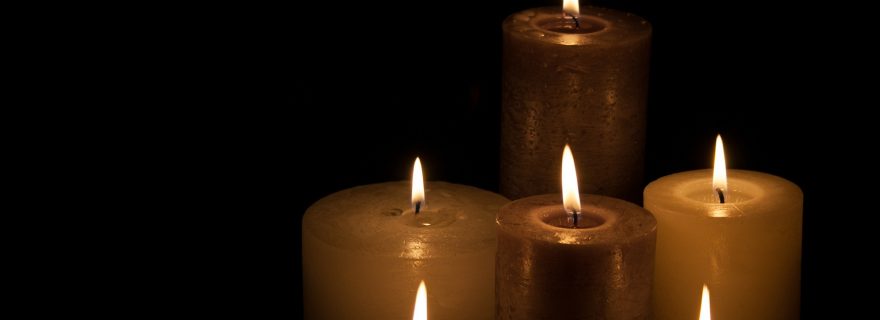The silence in the “minute of silence”
The horrific attacks in Paris have reinvigorated debates about terrorism, Islamic extremism and (in)humanity. Memorial events should be approached in a more inclusive way, calling attention to similar tragedies that take place further from "home."
On 16 November, one minute of silence was held across the EU to mourn the victims of the terrible events in Paris. The Humanities Faculty of Leiden University called on its staff and students to “observe a minute’s silence as a token of respect for the French nation.” Although this gesture was intended to commemorate “all innocent victims of terror,” it is clear that the reason was Paris, not the attacks in Beirut (one day earlier, also claimed by ISIS) or Turkey, the ongoing violence in Iraq, Syria and Nigeria, or the brutal massacre of 132 school children in Peshawar and 147 university students in Kenya (both less than one year ago). These other places and incidents remained, in sharp contrast to “Paris,” unnamed.
There is a pattern, of course. In the days after the recent attacks, our Facebook accounts were filled with heated discussions about the disproportionate attention for ISIS’ western targets in the public sphere. The Dutch prime minister Mark Rutte gave a press conference to express his disgust about the events and announce new security measures. He too only mentioned Paris. He also conveniently ignored underlying causes (ongoing military interventions in the Middle East, the ghettoization of European suburbs), reducing the threat posed by violent extremists to an attack on “our” values, civilization, freedom, and way of living. As if the attacks taking place outside Europe were not directed at people’s freedom and way of living, or intended to “destabilize” society by creating “fear and discord.” In our view, the school in Peshawar is by no means less symbolic a target than a restaurant in Paris.
Why is it that similar brutal assaults committed elsewhere, inspired by the very same ideology, do not motivate any higher official within the government or the university to organize a joint “token of respect”?
Explanations abound. The fear that this kind of violence has finally entered our society is one of them. Another bears on the (physical and cultural) proximity between people in the Netherlands and France (“it is our brain”). The problem with such explanations is that they take “our” views and the backgrounds of the people that live “here” for granted. The implicit message is that everyone should be able to sympathise with France, while it is understandable and justifiable that the same is not true with regard to Lebanon or Syria. Events like the minute of silence at the university and Mark Rutte’s speech reinforce this norm.
Both the university and Dutch society are far from homogeneous. Many of the staff and the students of the Faculty of Humanities either come from, or work on/in places where this sort of violence is happening on a daily basis. At the same time, the problem with the dominant norm exceeds the basic value of solidarity. As Judith Butler and Willem Schinkel have argued in response to the recent events, there seems to be a connection between the politics of public mourning and militarization.
To hold a minute of silence is to make a strong statement. In academia particularly, it is a rare act. Would it be an idea if university administrators use their powerful positions to facilitate public spectacles of mourning or commemoration that are more inclusive? Just to make sure that the motto, “Discover the world at Leiden University,” is more than an empty form of branding.




1 Comment
Very good piece. I was impressed by the VU, where we were asked to think of the victims of Beirut and Baghdad as well during the one minute silence last week.